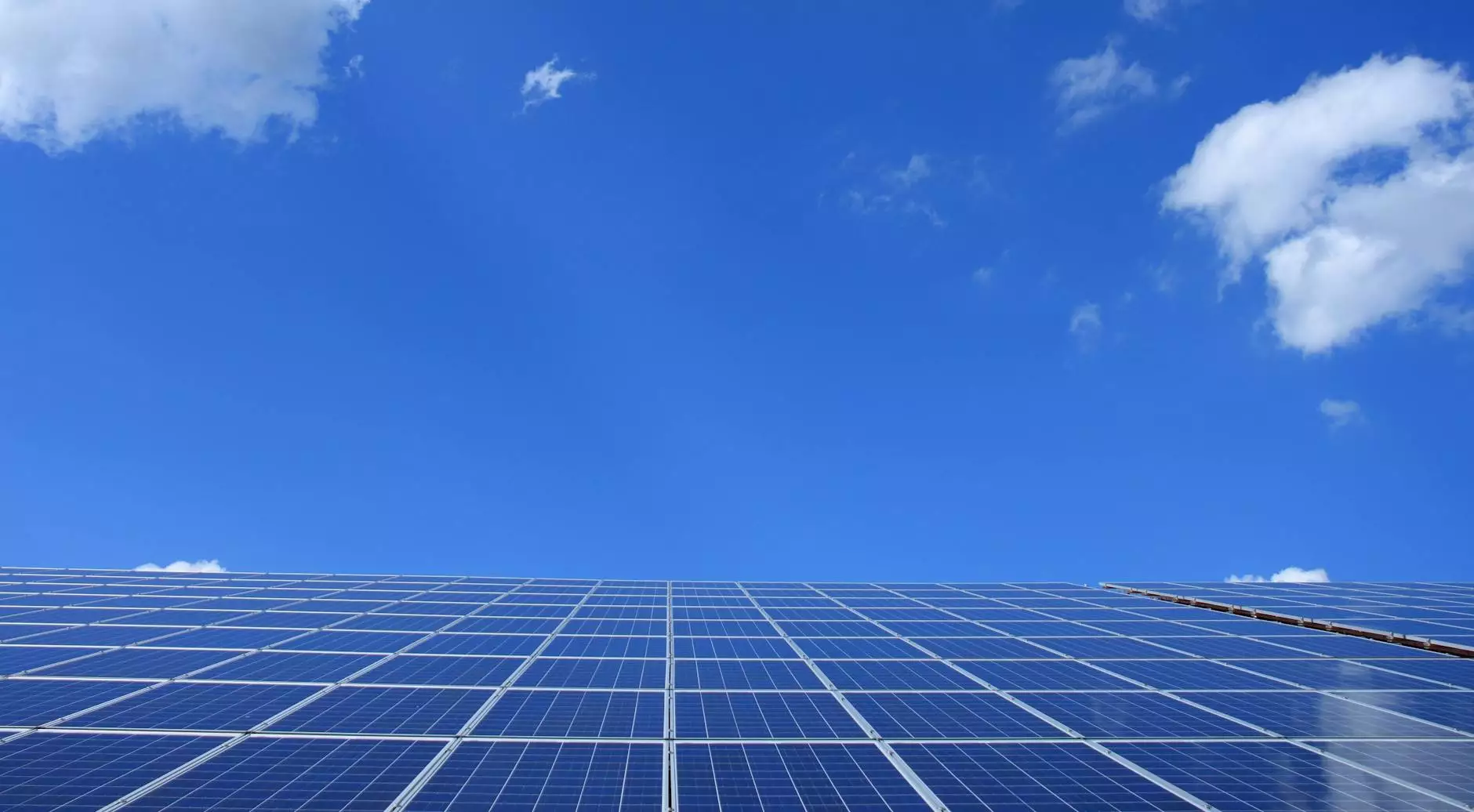Understanding the Role of an Energy Lawyer in Today's Business Landscape

In the complex world of business, where legal compliance and regulatory challenges are everyday realities, the expertise of an energy lawyer becomes invaluable. Whether your organization is involved in renewable energy, traditional energy resources, or energy-related technologies, having a skilled attorney on your side can make a significant difference. This comprehensive article will delve into the multifaceted roles that an energy lawyer plays, the challenges they help navigate, and how their services can bolster your business's compliance and growth.
What is an Energy Lawyer?
An energy lawyer specializes in the legal aspects of the energy sector. They provide guidance on a wide range of issues pertaining to energy production, distribution, and consumption. Their expertise spans several domains, including but not limited to:
- Regulatory compliance: Ensuring that businesses adhere to local, state, and federal energy laws.
- Contract negotiation: Drafting and reviewing contracts related to energy production and supply.
- Litigation support: Representing clients in disputes related to energy agreements, environmental impacts, and regulatory matters.
- Environmental law: Navigating the complexities of laws that govern environmental protections and energy use.
- Policy advocacy: Helping businesses engage with policymakers to influence energy legislation and regulations.
The Importance of Energy Lawyers for Businesses
In today's market, businesses are becoming increasingly aware of the implications that energy regulations have on their operations and profitability. Here’s how an energy lawyer can provide essential support:
1. Navigating Complex Regulations
The energy sector is one of the most regulated industries, with a constantly evolving landscape of laws and regulations. An energy lawyer will help your business:
- Stay updated on relevant legislation.
- Understand the implications of regulations affecting your industry.
- Develop strategies to comply with environmental standards.
2. Protecting Your Business Interests
When entering into contracts for energy supply or usage, the stakes can be high. An energy lawyer can help you:
- Identify potential legal risks before signing contracts.
- Negotiate terms that protect your interests.
- Ensure that contracts are enforceable and legally sound.
3. Representing in Legal Disputes
Disputes in the energy sector can lead to costly litigation and reputational damage. A skilled energy lawyer can:
- Provide representation in regulatory hearings.
- Assist in mediation and arbitration processes.
- Defend your business against lawsuits related to energy operations.
4. Supporting Transitional Energy Projects
As the world moves towards renewable energy, an energy lawyer can provide expertise on:
- Permitting for new energy projects.
- Funding and financing agreements for renewable initiatives.
- Interconnection agreements with existing energy grids.
Key Areas of Expertise for Energy Lawyers
The role of an energy lawyer is diverse and requires a deep understanding of several key areas:
1. Environmental Law
Energy production often comes with environmental challenges. An energy lawyer must be proficient in environmental laws to help clients:
- Comply with the National Environmental Policy Act (NEPA).
- Manage risks associated with environmental assessments.
- Address liability issues related to environmental damages.
2. Regulatory Law
Energy companies must navigate a multitude of regulations from various bodies, such as:
- The Federal Energy Regulatory Commission (FERC).
- The Environmental Protection Agency (EPA).
- State public utility commissions.
3. Corporate Law
Businesses in the energy sector often require assistance with:
- Corporate mergers and acquisitions.
- Corporate governance issues.
- Financing and investment transactions.
The Future of Energy Law: Trends and Considerations
The landscape of energy law is changing as new technologies and environmental concerns shape the industry. Here are some trends to watch:
1. Increased Focus on Renewable Energy
With a global shift towards renewable energy, energy lawyers will increasingly work with clients to:
- Navigate incentives for solar, wind, and other renewable projects.
- Address regulatory changes that support sustainable energy initiatives.
- Understand the implications of international agreements on energy policy.
2. Integration of Technology in Energy Services
As technology advances, energy lawyers must keep pace with new innovations, which include:
- Smart grids and their regulatory requirements.
- The use of blockchain for energy transactions.
- Data privacy laws related to energy consumption tracking.
3. Climate Change Legislation
As governments around the world respond to climate change, energy lawyers will need to assist clients in adapting to:
- Stricter emissions regulations.
- Incentives for reducing carbon footprints.
- Legal challenges posed by environmental advocacy groups.
Conclusion: The Strategic Advantage of Hiring an Energy Lawyer
In an era where the energy landscape is fraught with challenges and opportunities, having an energy lawyer at your side can provide your business with a strategic advantage. With their expert guidance, you can navigate complex regulations, protect your interests in contracts, and ensure compliance across various standards. As you engage with this critical sector, investing in skilled legal support is essential for thriving in an ever-evolving marketplace.
For companies exploring the potential of energy law and seeking expert representation, consider reaching out to ajalawfirm.com. Their team of proficient lawyers is ready to provide guidance tailored to your specific needs in criminal defense, personal injury, and energy law.









